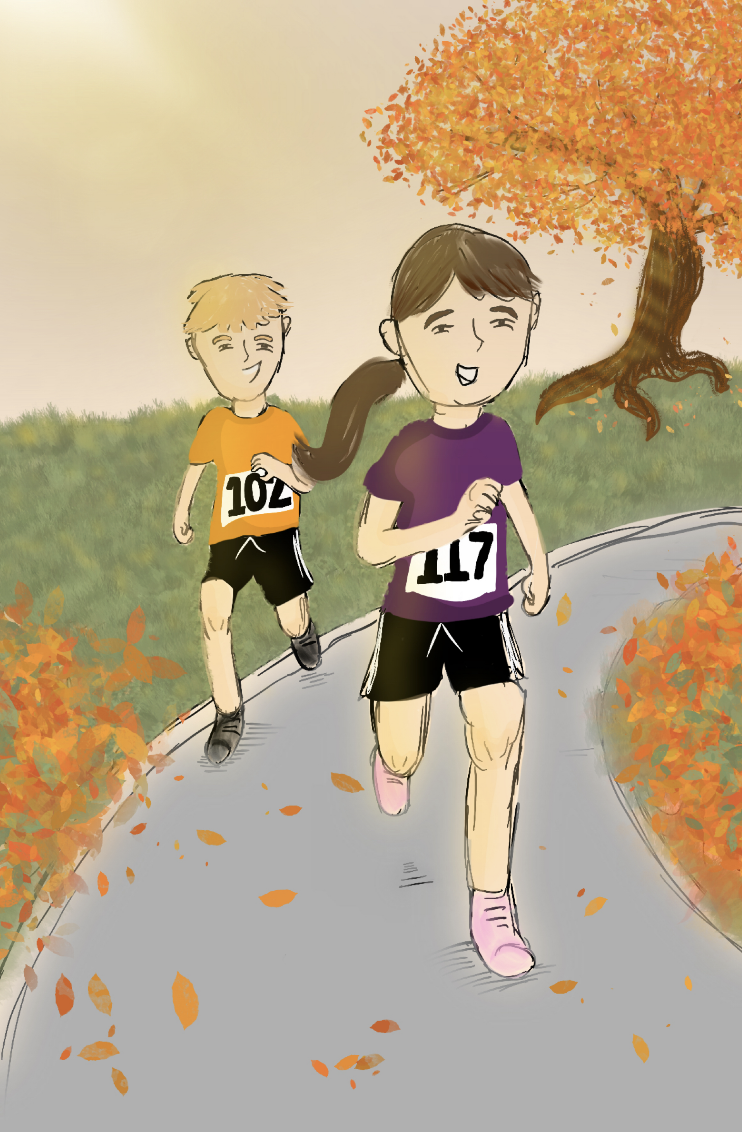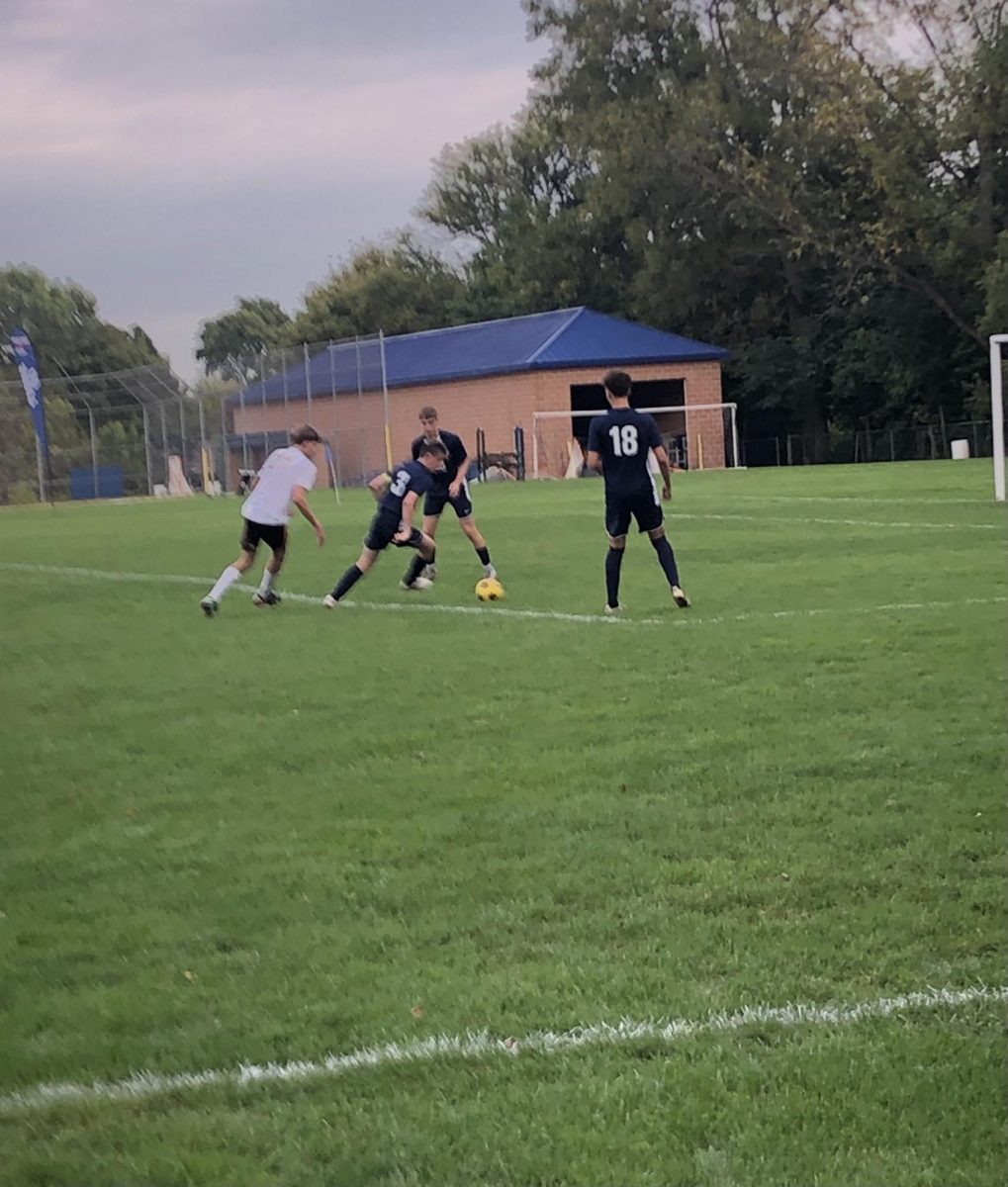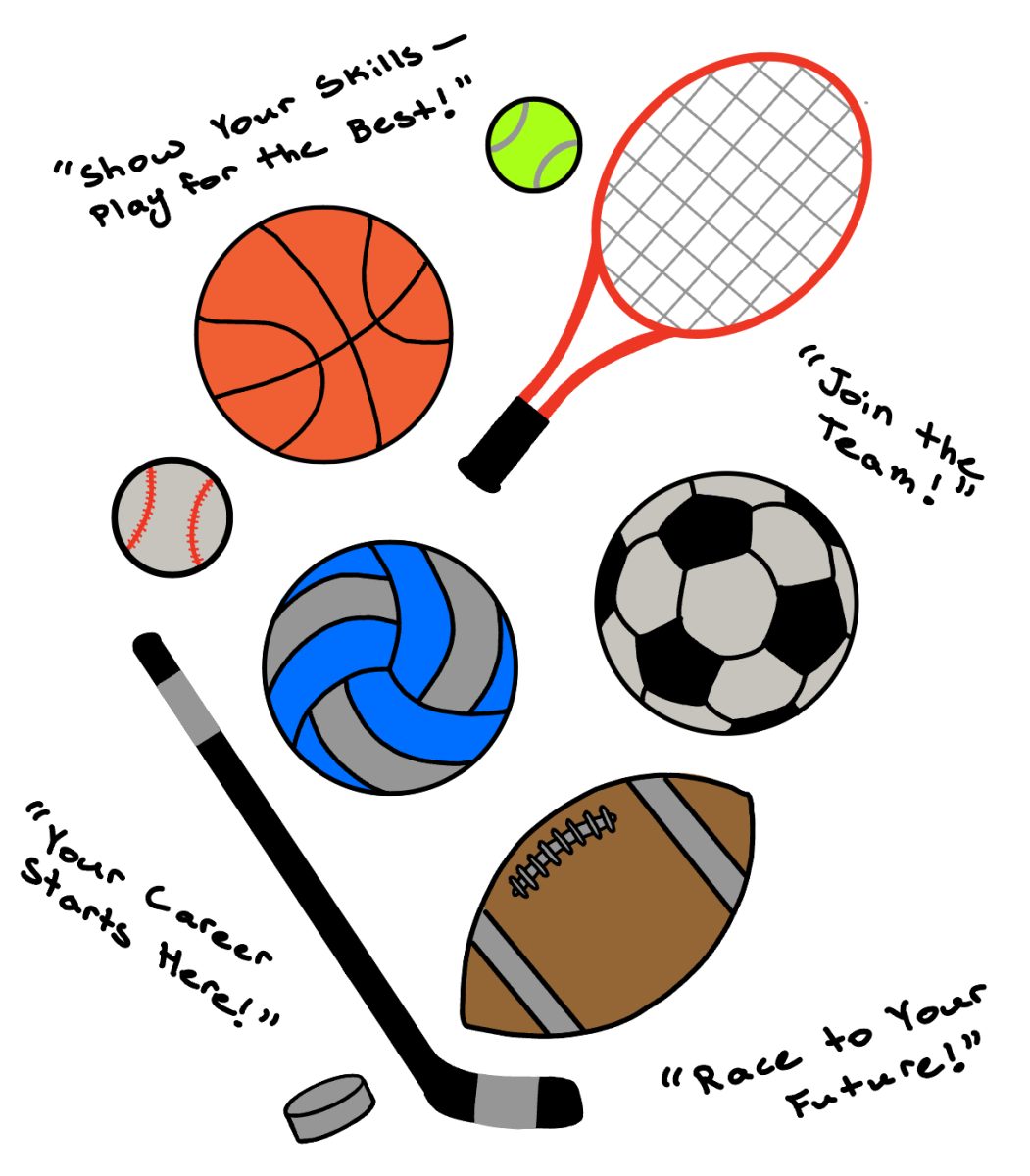As competitive athletics grow, competition increases in all aspects of a sport. While talent, strength, and speed—the typical attributes associated with skilled athletes—are important, to get an edge over equally talented opponents requires an advantage found on a different plane: the mind. Even at high school and amateur levels, the mind and its effects in key moments during competition can ultimately determine the outcome of a game. Any athlete interested in getting an advantage over their opponents should consider a new battlefield, one that is often overlooked: sports psychology.
Sports psychology is a relatively new branch of psychology. While it was initially researched in 1925, it was not until 1970-1980 that the branch began to see a boom in popularity as its benefits were recognized. The initial goal of sport psychology lay in getting the edge over opponents, but it also aimed to increase the welfare of athletes by lowering stress and improving mood, primarily targeted at gameday emotions. Recently, sports psychology has boomed. As the benefits have been recognized, many athletic programs, especially those at the NCAA Division I level, have hired full time psychologists for the sole purpose of working with athletes to improve their performance.
Techniques used by sports psychologists to improve performance are widely ranged, but typically seek to address motivations, biological processes, and behaviors that may affect athletes. Motivation plays a major role in athletes, and it is typically directly related to performance. To promote better motivation, specifically intrinsic motivation, psychologists use arousal regulation, goal setting, and imagery techniques. Arousal regulation manages stimulation levels in the brain, which can motivate an athlete by “hyping” them up or calming nerves before games. Each athlete has an optimal level of arousal, so a psychologist typically performs a case study on each individual athlete to find that level and help them reach it. To calm athletes, deep breathing, muscle relaxation, and mindfulness are often used, whereas music, increased breathing speed, and positive statements are used to arouse an athlete. Imagery is also used, primarily involving an athlete creating a positive image of how the competition will go. It is a common piece of advice to visualize a key moment in a game before completing it, something that lines up with the technique of imagery. Outside of the window before games, athletes can engage in goal setting sessions with a coach, sports psychologist, or teammate. Creating concrete goals to work towards provides a massive boost to motivation, which can help overcome stress and nerves that often ail athletes.
Biological processes are a major part of sports psychology, but they also overlap into many different areas of sports performance. Oftentimes, rehabilitation for injuries, muscle treatment, and muscle relaxations have the surface-level effect of helping an athlete stay in physical conditions, but the psychological benefits are also present. A sports psychologist serves as a great resource for getting additional treatment with the mental part of physical treatment, something that can lead to more confidence and better mood in athletes.
Behavior modification is the final pillar of sports psychology, and it encompasses almost everything athletes do. Practices, pre-game routines, and game time play are all based on a set of behaviors, so encouraging behaviors that promote performance while discouraging those that do not make up a large portion of sports psychology. For example, an athlete who has the maladaptive behavior of skipping lifts might see a sports psychologist to get them back on track. This type of behavior adjustment can often include many psychological approaches, such as visiting the cognitive mindset, emotional standpoint, or psychoanalytic motivations behind the behavior, but it ultimately works towards one purpose: setting up athletes with a set of behaviors that work towards victory.
Sports psychology is the differentiating factor in a world of athletics that has grown beyond just the physical aspect of sports. The addition of psychologists at the collegiate and professional level has brought a new world of athletics into view, one based on the refinement of athletes in all fields—not just physical strength or talent. While these resources are more accessible at the next level, ambitious high school athletes have a promise on the table: master their minds, and they will master their game. The world of sport psychology has already been proven to be critical to sport performance in its limited existence, so the future looks bright for sports as the entire athlete is kept in mind. A world with happier athletes who are pros on the field and in their mind is in sight; it is now time to fight on a new athletic field—the intricacies of the mind!








